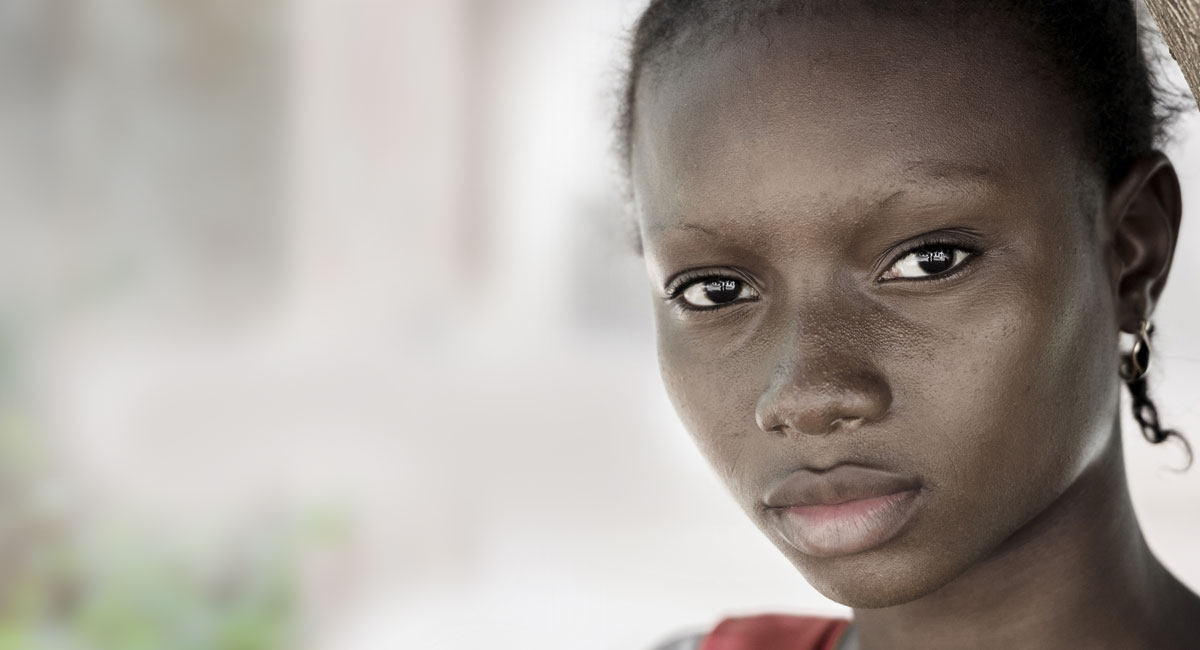- About
- Topics
- Story
- In-Depth
- Picks
- Opinion
- News
- Donate
- Signup for our newsletterOur Editors' Best Picks.Send
Read, Debate: Engage.
| topic: | Child rights |
|---|---|
| located: | Sierra Leone |
| editor: | Bob Koigi |
In a significant stride towards safeguarding the rights of children, Sierra Leone recently enacted a historic law banning child marriage. This move marks a pivotal moment in the country’s commitment to protecting its youth and sets a powerful example for other African nations example for other African nations grappling with similar issues.
The new legislation, enacted on 2 July, protects the victims’ rights, provides avenues to support them and punishes offenders. Provisions in the law punish men who marry girls under the age of 18 years with up to 14 years imprisonment and a fine exceeding $4,000. Children who are married off have a right to seek financial compensation and petition for an annulment, the law states.
Efforts to enforce the law effectively include raising community awareness, providing support services for at-risk girls, and empowering young girls through education and skills training.young girls through education and skills training.
Child marriage remains a pervasive issue across Africa, robbing millions of girls of their childhood and potential, with West and Central Africa recording the highest number globally, estimated at 60 million child brides. Poverty, cultural practices, and a lack of educational opportunities for girls often drive these marriages.
Such marriages expose young girls to a multitude of risksmultitude of risks, such as denying them education, increased vulnerability to domestic violence, early pregnancy complications, and limited economic opportunities. In sub-Saharan Africa alone, about 38 per cent of girls marry before they turn 18.
Across Africa, the fight against child marriage has seen varying degrees of success, with several countries making significant strides towards eradicating this harmful practice. Malawi, Zimbabwe and Ethiopia stand out as success stories owing to their comprehensive legal reforms and community engagement initiatives, such as Haven for Girls and empowerment projects for girls that promote the welfare and safety of the girl child.
Other African nations need to enact and strengthen laws that prohibit child marriage and establish a minimum age of marriage at 18 years, with robust enforcement mechanisms.
There should be increased efforts to educate communities about the harmful effects of child marriage and promote the value of girls’ education and empowerment, and governments must invest in initiatives that enhance economic opportunities for girls and young women, reducing the financial pressures that drive families to marry off their daughters early.
Ultimately, the journey towards ending child marriage requires collective efforts and unwavering commitment from governments, communities, and individuals. By prioritising the rights and well-being of its children, Africa can pave the way towards a future where every girl can realise her full potential, free from the shackles of early marriage. Sierra Leone’s bold move should inspire a continent-wide movement towards a brighter, more equitable future for all.
Image by Manuela Milani.

